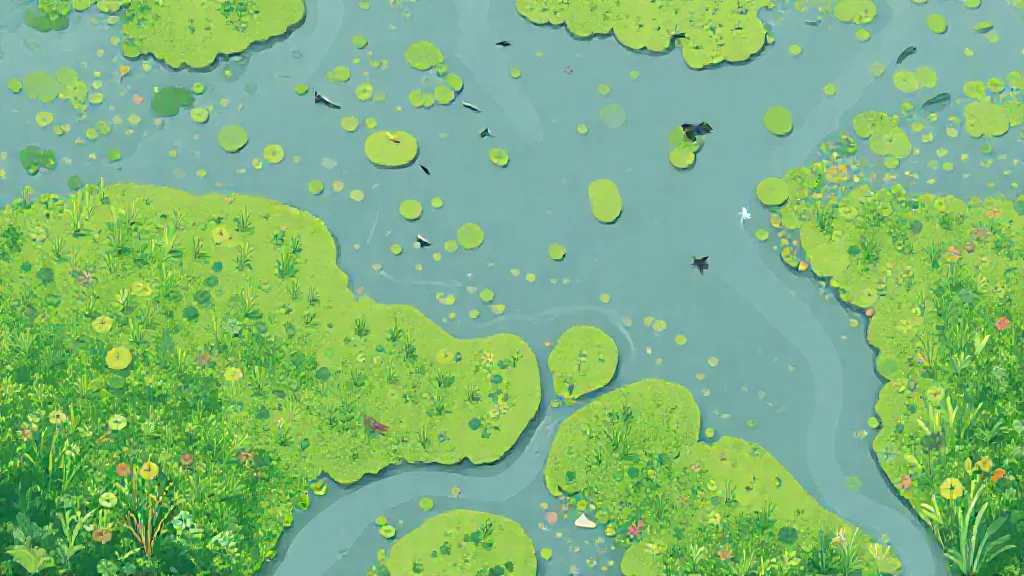Wetlands are among the most productive ecosystems on the planet, providing numerous benefits that extend beyond their immediate surroundings. These areas, which include marshes, swamps, and bogs, play a critical role in maintaining ecological balance. Protecting wetlands is essential not only for environmental health but also for human well-being.
This article delves into the multifaceted benefits of wetlands and the importance of their conservation.
Ecological Functions of Wetlands
Wetlands serve as vital habitats for a diverse range of flora and fauna. They provide breeding grounds for numerous species, including fish, amphibians, and migratory birds.
The unique hydrology of wetlands supports a rich biodiversity that is crucial for the stability of the ecosystem. For instance, the Everglades in Florida is home to over 350 species of birds and countless other wildlife, demonstrating the importance of these habitats in supporting biodiversity.
Water Quality Improvement
One of the most significant benefits of wetlands is their ability to improve water quality.
Wetlands act as natural filters, trapping pollutants such as sediments, nutrients, and heavy metals before they enter larger water bodies. This filtration process is essential for maintaining clean water supplies. For example, constructed wetlands are increasingly used in wastewater treatment to remove contaminants effectively, showcasing how natural systems can complement human-made solutions.
Flood Mitigation
Wetlands play a crucial role in flood control by absorbing excess rainwater and reducing runoff. During heavy rainfall, wetlands can store large volumes of water, which helps to mitigate flooding in surrounding areas. This natural flood management is particularly important in regions prone to extreme weather events.
The restoration of wetlands in coastal areas has been shown to reduce the impact of storm surges, protecting communities from flooding and erosion.
Carbon Sequestration
Another significant benefit of wetlands is their ability to sequester carbon dioxide, a critical factor in combating climate change. Wetlands store carbon in their vegetation and soil, which helps to reduce greenhouse gas emissions.
Peatlands, for instance, are particularly effective at storing carbon, containing about one-third of the world’s soil carbon despite covering only 3% of the land surface. Protecting and restoring wetlands is therefore vital for climate change mitigation efforts.
Economic Benefits
The economic advantages of wetlands are often overlooked.
Healthy wetlands contribute to local economies through activities such as fishing, tourism, and recreation. They provide resources like fish and shellfish, which are vital for many communities. Moreover, ecotourism in wetland areas can generate significant revenue while promoting conservation efforts.
The economic value of wetlands extends to their role in enhancing property values and providing recreational spaces for communities.
Cultural and Aesthetic Value
Wetlands hold cultural significance for many communities, particularly Indigenous peoples who have relied on these ecosystems for sustenance and spiritual practices for generations. The preservation of wetlands is essential for maintaining cultural heritage and identity.
Additionally, wetlands offer aesthetic and recreational opportunities, such as birdwatching, kayaking, and hiking, enriching the quality of life for those who live nearby.
Challenges to Wetland Conservation
Despite their numerous benefits, wetlands face significant threats from urban development, agriculture, and climate change. Deforestation, pollution, and drainage for agriculture lead to habitat loss and degradation.
It is essential to implement effective conservation strategies to protect these vital ecosystems. Policies that promote sustainable land use and restoration efforts are crucial for ensuring the long-term health of wetlands.
Conclusion: The Path Forward
Protecting wetlands is not merely an environmental issue; it is a necessity for sustaining life on Earth.
The myriad benefits they provide—ecological, economic, and cultural—underscore the importance of their conservation. As we face increasing environmental challenges, it is imperative to prioritize wetland protection through informed policies and community engagement. By recognizing and valuing the role of wetlands, we can ensure a healthier planet for future generations.
